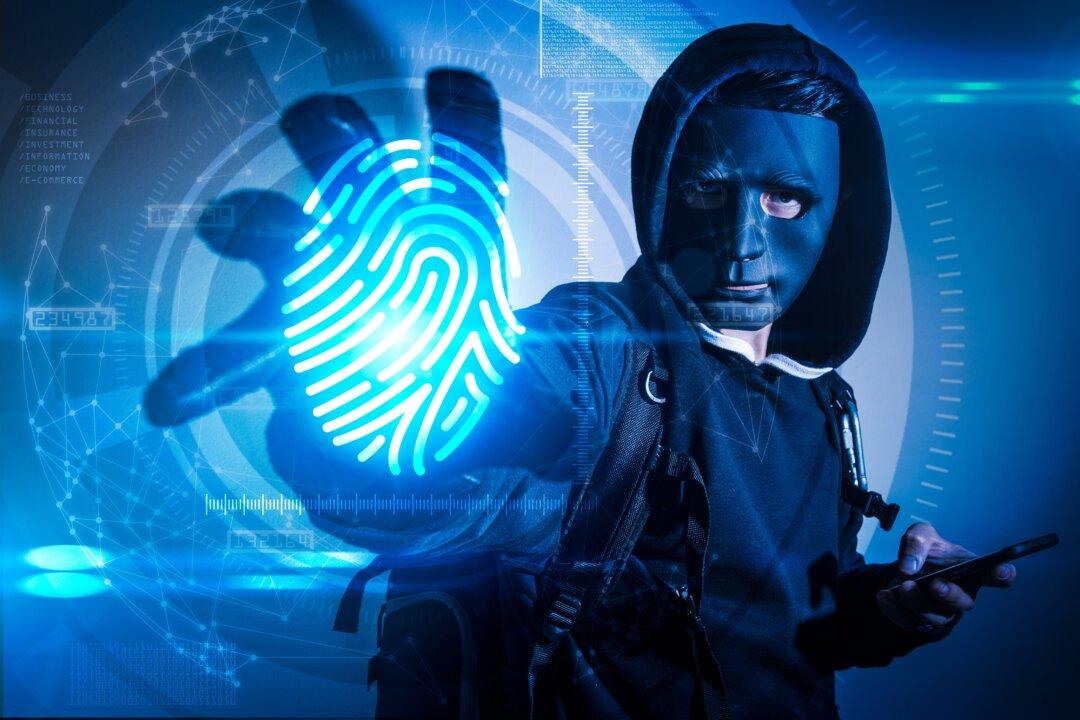It seems that every other week there is a news story about some company’s servers being hacked, exposing our personal information. The most egregious hacks are well publicized, like last year’s Equifax breach that exposed the personal information of virtually every American with a credit history. But our Social Security numbers are not the only thing hackers are after. We have lots of valuable information on the internet. From your Apple account to your credit cards, follow along to learn more about the secret world of hackers looking to exploit your accounts.
How Breaches Happen
Since the advent of the internet, computers around the world become more and more intertwined through a growing, powerful network. This means every computer from our personal laptop and desktop computers at home to major data processing mega computers run by banks and credit card companies is part of the growing network of the internet. This is a good thing because it gives consumers and businesses near-instant access to information. It enables services like Google, Netflix, Amazon, and Facebook. Our smartphones wouldn’t be very smart without a connection to the internet.But if we can connect to the internet, so can bad guys around the world who want to use that data for malicious purposes. This includes groups like the hackers who broke into Target, Home Depot, and other retailer databases to steal payment information to sketchy data miners like Cambridge Analytics who hijacked Facebook user information to promote a political campaign.






